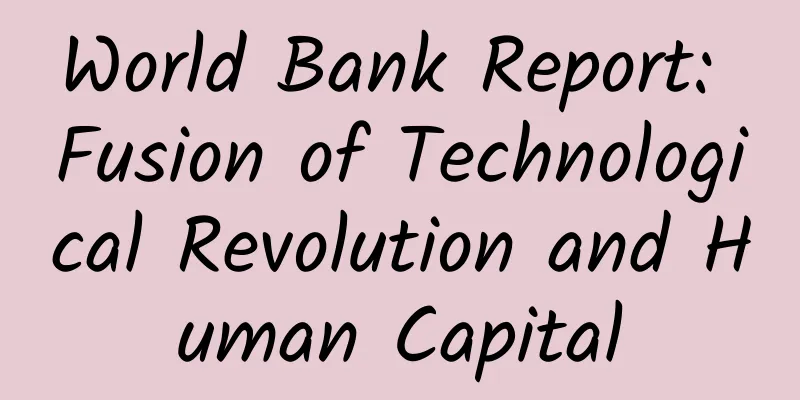World Bank Report: Fusion of Technological Revolution and Human Capital

|
South Asia’s human capital challenges are among the most severe in the world. They include severe child malnutrition, critically inadequate early learning, a persistent burden of infectious diseases, the disempowerment of women, and pervasive structural inequalities. By the end of August 2020, within a few months of the start of the first wave of the pandemic, the region had reported 4.4 million infections and 75,000 deaths. The scale of the direct and indirect impacts was highlighted, with prevention and health services being diverted to fight COVID-19, leading to a deterioration in the health of the most vulnerable groups. In education, widespread school closures in 2020 had already been low before the pandemic. In 2020, South Asia’s lockdown measures in the early months of the pandemic were stricter than in Europe or North America, affecting nearly 400 million children, with a disproportionately negative impact on girls. Preliminary estimates put the loss of income at $4,400 per student, equivalent to 5% of total income. At the same time, the pandemic has led to staggering job losses and disruptions to migration that will have long-term economic consequences. About 50 million jobs were lost in South Asia during the first phase of the pandemic. The top priority for South Asia is to contain the shock to human capital and recover quickly from the pandemic, ensuring rapid progress towards achieving better and more equitable outcomes. In addition, the profound converging technology revolution sweeping the world before the pandemic is transforming the relationship between technology and human capital and complicating it by creating a host of new opportunities to accelerate human capital outcomes while generating new and significant risks. This converging revolution is characterized by the combination of virtual, physical, biological, and cognitive technologies with the power of big data, machine learning, and artificial intelligence (AI). In addition to these positive developments, there are also huge implications for human capital empowerment, as multiple applications and devices are collecting data on individuals and social groups, and artificial intelligence is automatically analyzing data from different sources. The PDF version will be shared on 199IT Knowledge Planet, just scan the QR code below! |
<<: Collins: 2021 Word of the Year Finalist Unit Universe List
>>: Counterattack against Apple: Can smart products save traditional Swiss watches?
Recommend
When will the 2022 Beijing Winter Olympics and Paralympics Summary and Commendation Conference be held? Where exactly will it be held? Live streaming platform included!
The 2022 Beijing Winter Olympics and Paralympics h...
Are beverages healthy if they use sugar substitutes?
When it comes to sweet things, the first thing th...
DeepMind: Combining artificial intelligence and neuroscience to achieve a virtuous cycle
Recent advances in artificial intelligence are re...
3 tips for information flow optimization + 8 cases, if you don’t believe me, you can’t do it well!
With the arrival of winter vacation, many busines...
How to make users like your marketing ads?
Don’t try to bother users with things they don’t ...
Interview with Ironsource CEO Tomer Bar-Zeev: The internationalization of Internet products
[[126198]] With the development of the Internet a...
"New Jingdong Small Project" Mobile phone batch brick-moving gameplay, one mobile phone daily earning 2000+
Training course video lecture content introductio...
Exhibition optimization case, how to reduce conversion costs by 80%?
This article shares with you a case study of cust...
APP operation: How to improve user retention rate?
There is an important data indicator in the produ...
Ethanol gasoline will be promoted in an orderly manner to reduce pollution and improve energy security
The State Council executive meeting held on Augus...
10 million new users in 7 days. How did Faceu become the first in the App Store free list?
Without any warning, the special effects camera &...
How to do data analysis for information flow promotion?
It seems that many entrepreneurs like to talk abo...
Microsoft is smart to embrace Android and iOS
[[134845]] Since the new Microsoft CEO Satya Nade...
23 of Apple's highest-paying jobs: Coders are in high demand
As the world's largest company by market valu...
Why do train tickets and movie tickets fade? How should we preserve them?
When collecting paper tickets such as train ticke...









